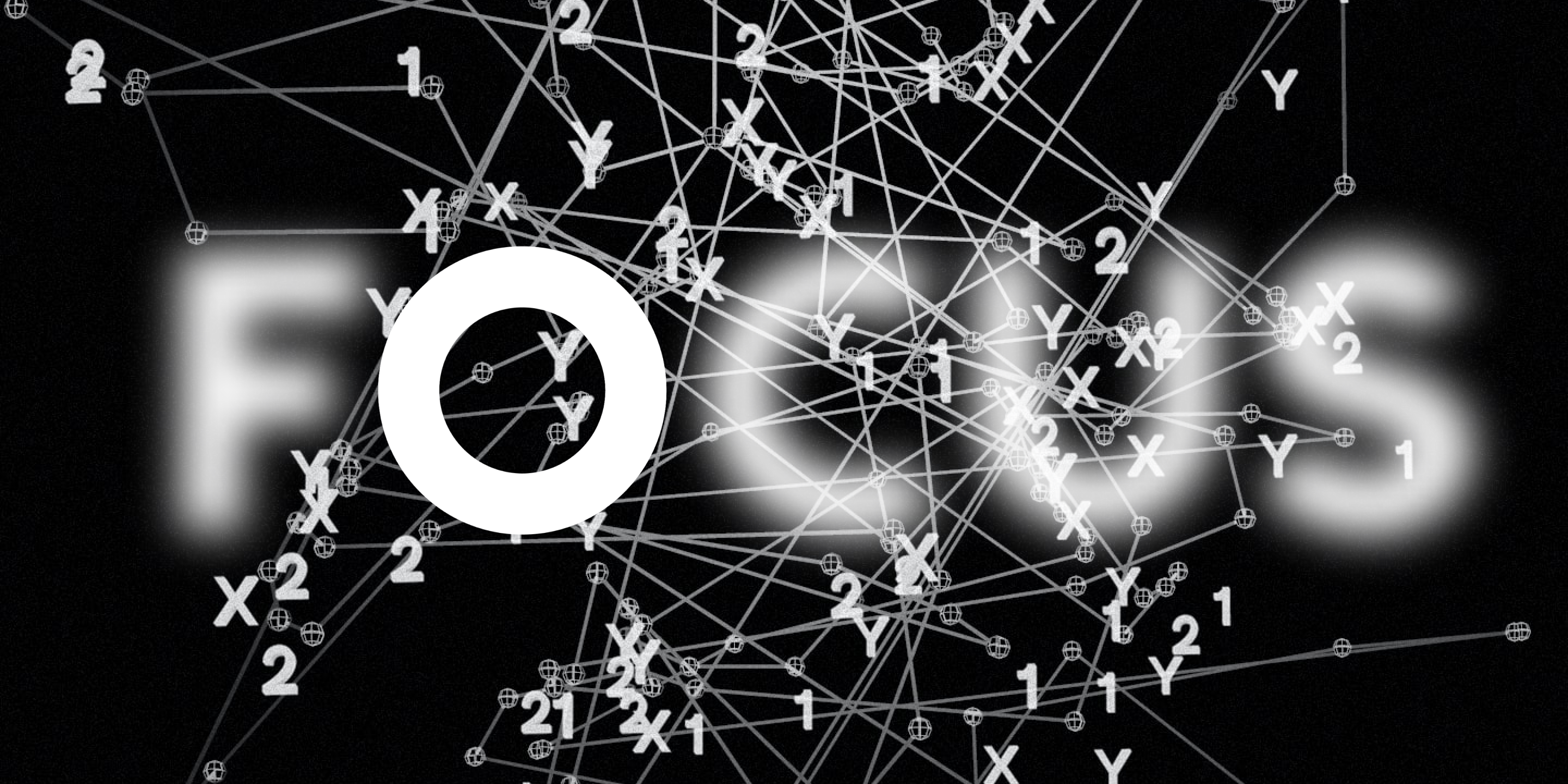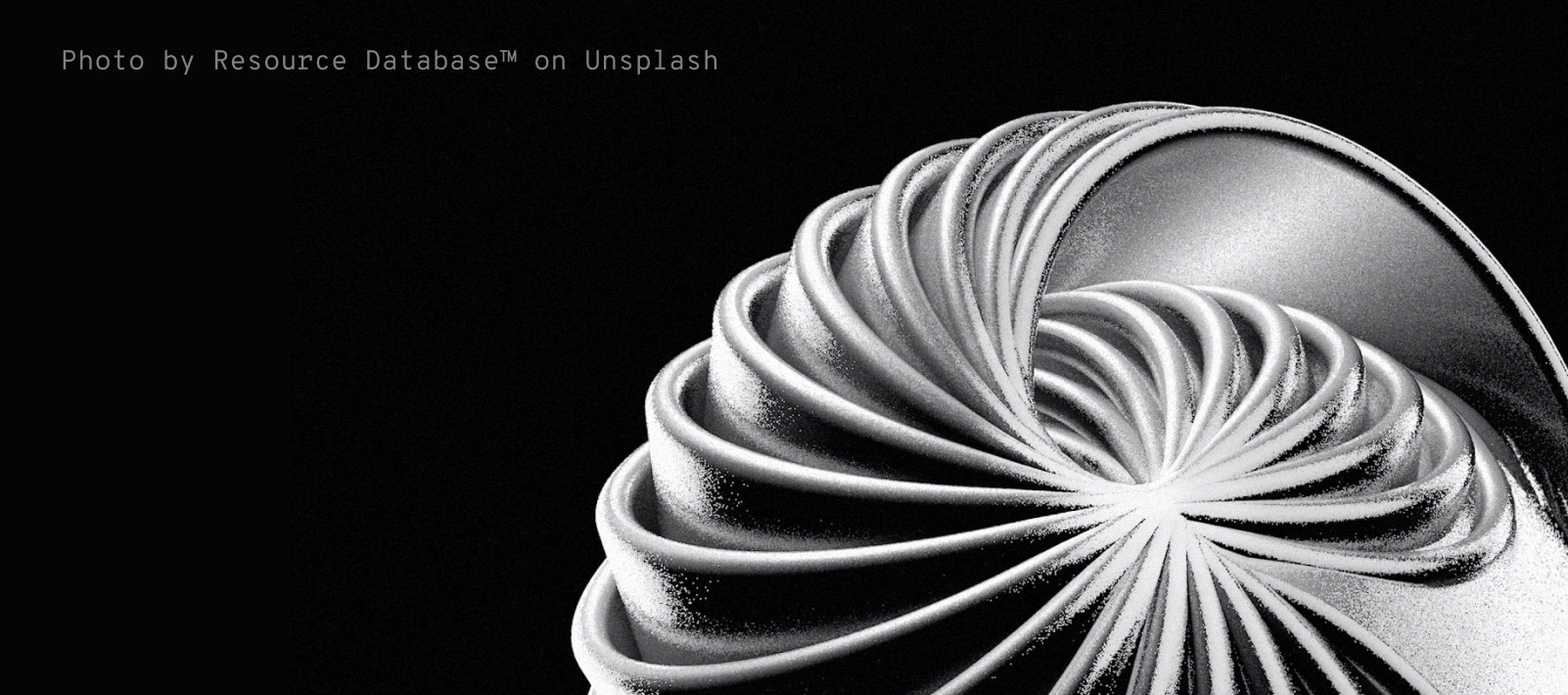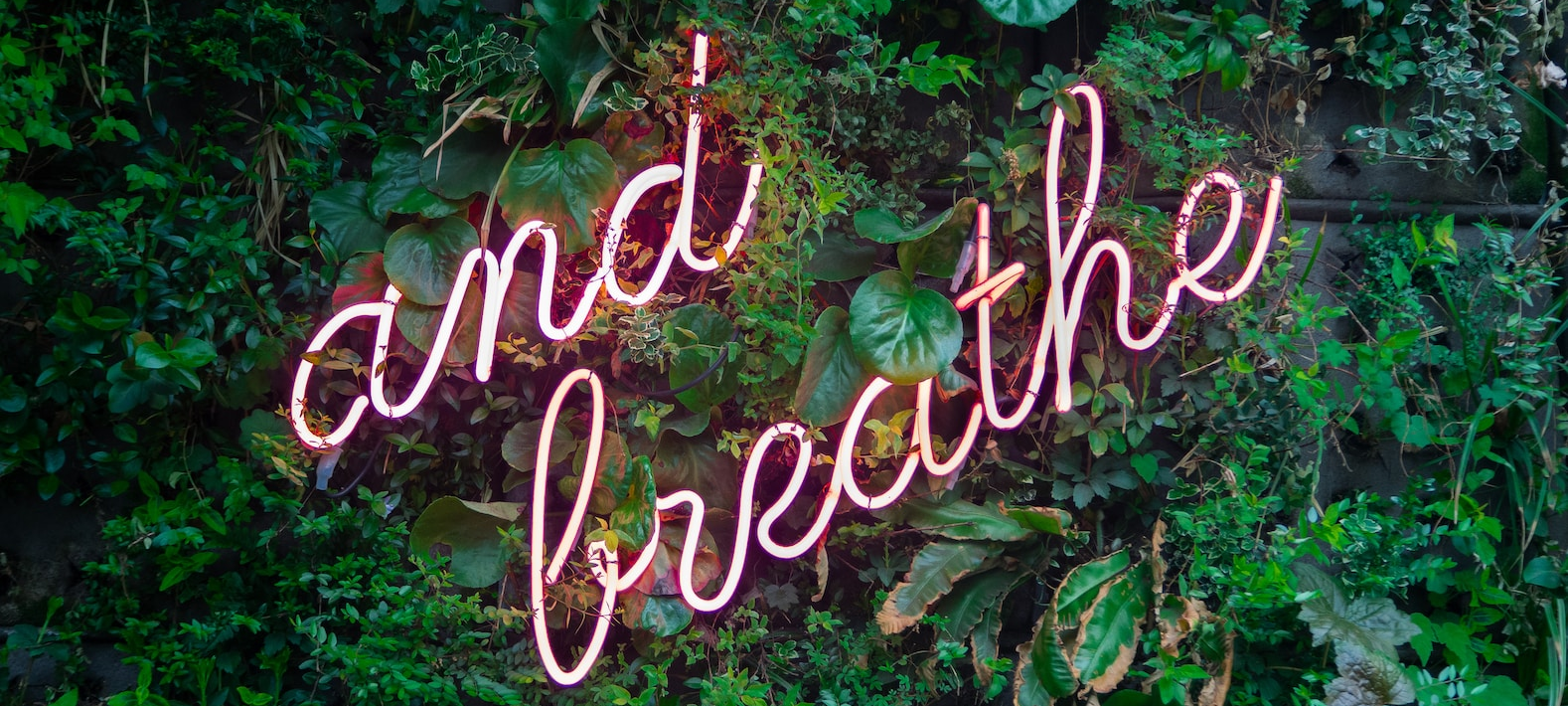Control the chaos and unleash your team's potential with Extensis Connect / Learn More
Control the chaos and unleash your team's potential with Extensis Connect / Learn More

In the Odyssey, one man tries to chart a course home, but gets distracted for twenty years, and blames it on the gods. Don’t be like Odysseus.
Is our collective ability to focus at an all-time low? I know mine is. Our distractibility is increasing, and while we can all pin it on what’s going on in our personal lives, there’s no denying that this is affecting a wide swath of people.
Johann Hari, author of Stolen Focus, explains it this way:
“I noticed that, with each year that passed, it felt like things that require deep focus, like reading a book, were getting more and more like running up a down escalator,” he says. “I could still do them, but they were getting harder. And I noticed lots of other people felt this way, particularly the young people I knew and loved.”
We can blame the stress of global events in the past few years and how our smartphones constantly beckon like the wafers in Alice In Wonderland that command “eat me!” (or rather, “Unlock me and add random items to your cart for a slight dopamine rush in lieu of sleep.”) Giving into distractions feels good in the moment. Rewarding. Relaxing. It relieves the tension of maintaining focus. All the happy chemicals in your brain get released, frolicking as you finally stop fighting. However, it doesn’t feel good in the long term.
I’m not going to stress the value of productivity here, because I feel like we’re bombarded with this messaging from so many different directions, and it’s not really motivating. I’ll speak about this from an emotional perspective instead. Feeling the mental muscles responsible for focus going slack is uncomfortable. As a former avid reader, it pains me that I haven’t finished a book in months. A critically acclaimed film clocking in at over two hours is a dealbreaker to me. Creative projects and pursuits that were once exciting now sound exhausting. So how do we fix this?
Sadly, we can’t turn back time or chuck our smartphones into the sea. Don’t get me wrong, if you want to symbolically throw your smartphone into the sea, I’m all for it, but chances are that you’ll just have to buy another one. But all is not lost! There are completely actionable steps you can take to regaining your focus and being intentional with your time. Let’s dive in.

I know, I know. Everyone always mentions this one. So annoying. But meditation is like exercise for your brain — the sort of thing you might really try and squirm out of at first because it’s mildly inconvenient and you’d rather do doing other stuff, but also, just like exercise, the benefits are diverse and undeniable.
We already know it helps stress, anxiety, mood, and promotes greater self-awareness (which is great for everything from being a better listener to gobbling up fewer boxes of cookies). But meditation is actively linked to improving our capacity to focus.
One study found that even a single, brief meditation helped improve cognitive functioning and focus for simple tasks.
From an evolutionary perspective, it’s pretty weird that we now spend eight plus hours daily parked in front of glowing screens. Shouldn’t we be eating fresh fruit under waterfalls or chasing elk or something else along those lines before happy hour?
Getting back to nature has tremendous benefits for just about every aspect of our mental health including, you guessed it, focus. One study proved that time in nature improves brain fatigue and our ability to focus.
And is it just me, or does an hour in the woods feel longer than a morning at a desk in the best way possible? Don’t feel like you’re dropping the ball if you didn’t squeeze in a hike over the weekend. Even a brisk walk outside, or working from a patio with lush plants for a couple hours can bring about a sense of wellbeing.
Using your cell phone, an extra monitor for work, and tablets all expose you to blue light, which is linked to eye strain, wrinkles, and a host of mental health issues. But it’s not just blue light that’s the problem.
Smartphone apps are designed to distract. Notifications pop up to inform you of everything from your shopping cart’s abandonment issues to your college roommate uploading wine tasting photos to Instagram. It’s a lot like having someone tap you on the shoulder and interrupt you all day. In fact, the average US smartphone user receives 46 push notifications a day.
And you know what? If focus is an endurance sport, these interruptions are messing with your time. Your window of distraction-free time shrinks— and not because your internal monologue had a great idea about what to make for dinner.
These external distractions wear down our ability to focus, and then those internal distractions are harder to ignore because when was the last time that we intentionally dedicated our mental capacity to an exclusive issue for more than ten minutes?
Limiting your screentime is crucial to improving focus. Some people just put their phone away for a chunk of time dedicated to productivity. Others cut out screen time before bed, with the added benefit of improved sleep quality. You can disable notifications from different apps in your smartphone settings. Temporarily delete the apps that are your attention weakness (TikTok, Instagram, we’re looking at you). Put your phone in airplane mode (my personal favorite). Ironically, you can even download mobile apps to limit your smartphone usage.
If you’re like me, you may get a little queasy putting your phone away, because that’s how you get driving directions, play music, and seek validation from your parents by sending them gardening updates. That separation anxiety then drives you to overcompensate by changing your outfit five times and overspending on bougey iced coffee — oh, too much information? Well, anyways, the good news is that you don’t have to swear off your iPhone.
One study found that even reducing screentime by a single hour per day reduced stress while improving focus, productivity, and sleep.
We often think about understimulation as just affecting neurodivergent folks or restless tots. However, if a task is downright boring, the urge to do something else entirely can be irresistible.
This may sound counterintuitive, but sometimes, it’s appropriate to add in a pinch of distraction.
No, no, that’s too much, put the Xbox controller back!
If you need to season a task, you want to avoid going full Salt Bae. Just a pinch of salt or a peppermill twist of stimulation will do the trick. I’m talking about a Spotify playlist that will get your brain active but not too hyped up. Or scooping up your laptop and moving to a sunnier spot. Lighting an aromatherapy candle. Setting a timer to take a break and refill the three essential beverages (water, hot caffeinated drink, and juice/smoothie/cold caffeinated drink) that every scatterbrain requires.
Sometimes you just need a smidge more stimulation to make the task at hand less tedious.

Our distractibility may feel heightened when we’re undertaking a laborious task like updating a stale spreadsheet. But on the flipside, we can improve our environment by intentionally spending our time and energy doing tasks that bring us joy, spark our curiosity, and command our focus.
That looks different for everyone, and it’s pretty much unlimited. Aspirational projects like a landscape painting that takes you months sounds pretty ideal right? But even if you don’t have the bandwidth for that right now, you can make everyday tasks more rewarding when you move through them with intention. Executing a recipe for dinner, deep cleaning an appliance, or laying down cover crop in a garden bed (aren’t you proud, Dad?) can all be incredibly rewarding tasks. And when we follow through and complete them, we remind ourselves that we’ve still got it. The ability to buckle down, start a task, and finish it. Practice makes perfect. The more you set yourself up for success, push yourself to maintain focus, and complete the task at hand, the easier it will get.
Clutter can be unpleasantly distracting. For the sake of this article, I’ll break it into three subtypes: physical clutter, mental clutter, and task clutter.
Physical clutter is the most obvious. Clearing off surfacing and getting your desk nice and neat can put you in a better headspace for getting stuff done.
I like to think of mental clutter as that stuff that should get put away in your head, but doesn’t. Sometimes, for whatever reason, we just can’t stop obsessing over what we want on the menu for Thanksgiving, or if our banter could have been taken the wrong way at a happy hour. What’s the best way to clean house? Journal that stuff down and move on.
Then there’s task clutter. See, sometimes a task is simply embedded in stuff. It’s beneficial to reflect on processes and consider how you can streamline a task. It also helps if you can nix distracting digital clutter so you can focus on the task at hand.
Unless you want to live under a rock, there’s no escaping the extremely distracting world we live in. Also, we checked under a rock, seeing as how rent is so high everywhere else. Turns out no restaurants deliver there and the schools aren’t rated very well at all. Anyways, what we can do is step up to the plate and teach ourselves the crucial skill of intentionality and self-awareness, all over again.
We can reclaim the joy of being present in our work, hobbies, and relationships. Because you know what? Focus isn’t about productivity. That’s a nice side effect, but at it’s core, focus is about being present and intentional — living in the moment.
Just focus on the positive, and the future is bright.